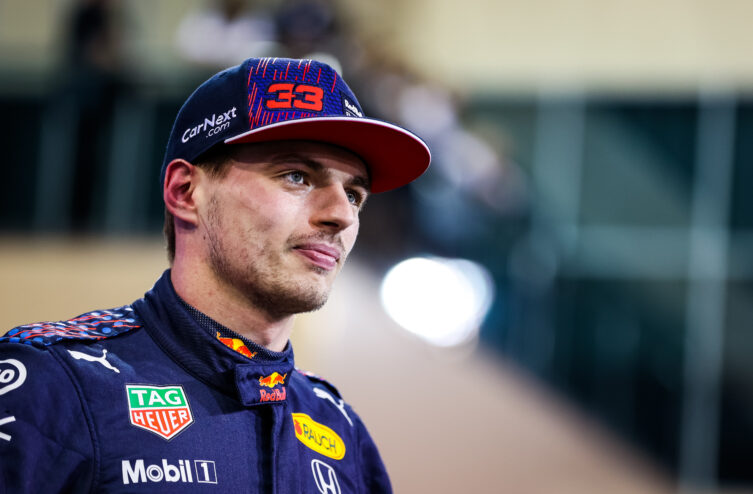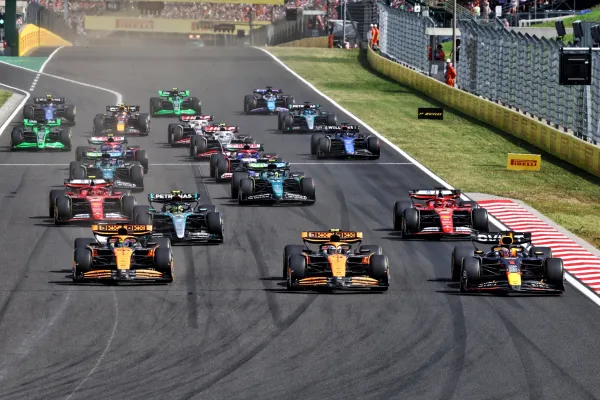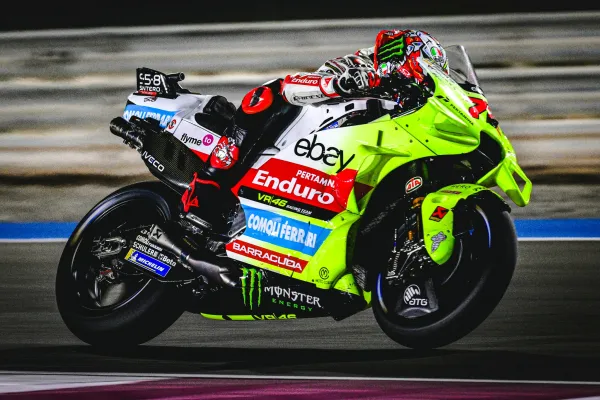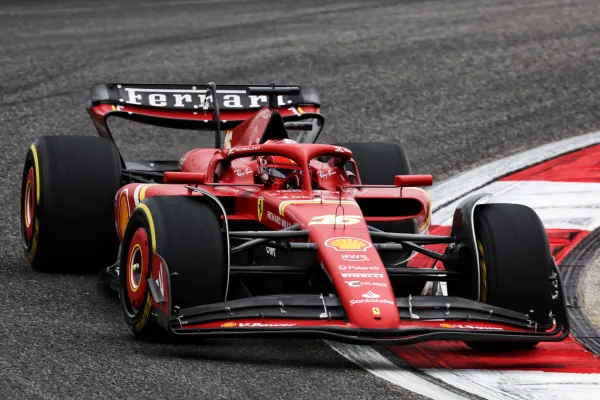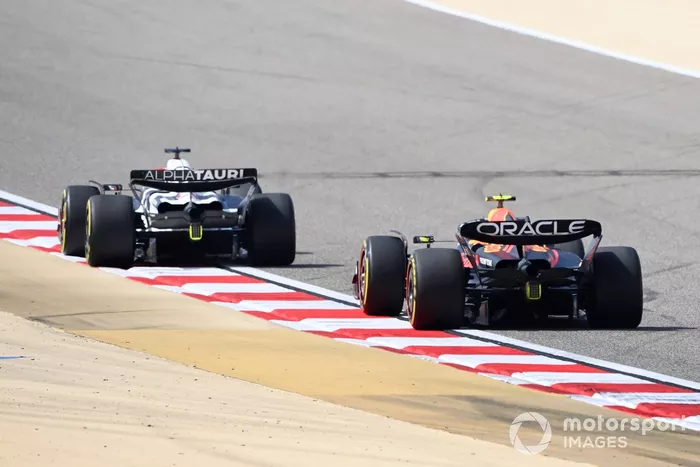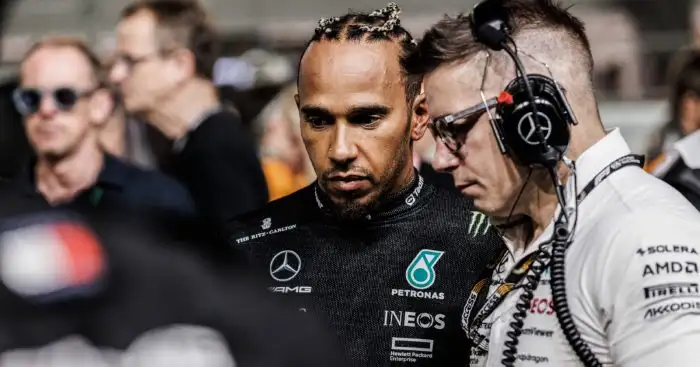Max Verstappen’s Super Licence: A Journey Of Records And Controversy
So far in his career, Max Verstappen has broken all kinds of barriers, records, and achievements; this does not stray any different from that rule regarding the FIA Super Licence. Becoming the youngest driver in the history of Formula 1 participation through extraordinary financial expenses necessary to maintain such a status, the tale of Verstappen dealing with the system of the Super License is one interesting subplot behind the reason he was in a position to storm into the sport at such an age.
The Early Years: Breaking the Mold
At the time of his entry into Formula 1 at the 2015 Australian Grand Prix, Max Verstappen was just 17 years and 166 days old, the youngest driver to have ever competed in F1. This unprecedented entry into F1 at such a young age caused controversy, leading to significant changes in the Super Licence system.
The rise of Verstappen into Formula 1 was nothing short of phenomenal. From a successful karting career, he spent only one season in single-seater racing, competing in the FIA European Formula 3 Championship in 201422. He did well enough to be snapped up by Red Bull, which signed him to their junior program and fast-tracked him to F1 with Toro Rosso for the 2015 season.
This has, of course, not been without its controversies; indeed, Verstappen’s decision to grant him a Super Licence at such a young age and with relatively limited single-seater experience has received a mixed reception within the F1 community, with many praising his obvious talent, while others feeling it was neither safe nor appropriate for one so young and inexperienced to be competing at the very highest level of motorsport.
The FIA’s Response: Tightening the Rules
Due to Verstappen’s early entry into F1, the FIA came up with new and stricter criteria for obtaining a Super Licence. This was done to ensure that in the future, drivers would have acquired more experience and maturity before reaching the highest echelons of the sport.
The new requirements included:
At least 18 years of age by the first day of their first F1 competition
Holding an International Grade A competition license
Passing a theory test on F1 rules and regulations
Completion of a minimum of 80% of two full seasons in designated junior categories
Accumulating at least 40 Super Licence points during the three seasons preceding that
These changes effectively closed the “Verstappen loophole” and made it much more difficult for very young drivers to enter F1 without significant experience in junior formulae.
Verstappen’s Influence on the Super Licence System
Despite the controversy of his early entry into F1, Verstappen soon proved his worth on track, scoring points in just his second race, and became the youngest driver to lead a lap and win a Grand Prix when he triumphed at the 2016 Spanish Grand Prix, aged 18 years and 228 days24.
The success of Verstappen at such a tender age meant the FIA had to rethink some aspects of the Super Licence system. While the minimum age requirement remained in place, the governing body introduced more flexibility in how drivers could accumulate the necessary points to qualify for a Super Licence.
The Price of Success: How the Super Licence Fees for Verstappen Keep on Rising
As Verstappen’s career developed and he began to dominate the sport, another element of the Super Licence system became prominent, namely, the cost. The FIA charges its drivers an annual fee for their Super Licence, comprised of a base rate plus an additional charge for every championship point scored in the previous season.
The huge success of Verstappen in recent years has resulted in some eye-watering Super Licence fees. After his record-breaking 2023 season, where he scored 575 points and won 19 out of 22 races, Verstappen faced a Super Licence fee of €1,217,900 (approximately $1.3 million) for the 2024 season1113.
This astronomical fee caused debate in the F1 community with regard to the fairness and sustainability of the current Super Licence fee structure. Verstappen has indeed blamed the system for its unfair nature: “I do think there should be some normal ratio in that. But you know, things like that get written down, and I don’t think anybody expected that there would end up being that many points scored.”11
The 2025 Season: A Modest Respite
Incidentally, while winning a fourth consecutive World Championship in 2024, the 2025 Super Licence fee for Verstappen is actually lower than last year’s amount. That’s because the Dutchman enjoyed a far more competitive season this time around—his eventual score of 437 points being 122 less than the record 559 he managed last year.
The reduction, combined with an increase in the per-point charge to €2,313, slashes Verstappen’s Super Licence fee for 2025 to around €1,051,000—a saving of around $206,000 from last year 179.
This just really serves to point out how precarious and fluctuating the latest structure on Super Licence fees really is: massively fluctuating costs for the drivers throughout even the best years—from one year to the next—even at the top reaches of the sport.
The Debate Over Super Licence Fees
These high costs, particularly for drivers like Verstappen, who is very successful, have raised concerns about the need to reform the Super Licence system. Critics say the current structure punishes success and incentivizes talented drivers to stay away from F1 because it’s just too costly.
Proponents of the system say that it funds the FIA’s work in improving safety and regulating F1 and other forms of motorsport. They also note that, for those drivers at the very top—like Verstappen—the fees are usually paid by the teams rather than coming out of the driver’s pocket.
But that is a huge leap compared to the drivers at the lower levels of the grid: Where Verstappen would have paid over €1 m for his 2024 Super Licence, for example, a rookie driver entering F1 for the first time would pay just the base fee of €10,400.
The Future of the Super Licence System
With Formula 1 continuously changing to accommodate new spectators and competitors alike, the system of the Super Licence probably will continue being a subject that provokes debate and perhaps eventually be rehashed. The FIA has shown it will adapt in previous times—the one being, of course, when, at the time of Verstappen’s early entry into Formula 1.
Recent developments suggest further changes may be afoot. For June 2024 the FIA changed its rules to offer special dispensation for drivers to be granted a Super Licence at age 17 if they have “recently and consistently demonstrated outstanding ability and maturity in single-seater formula car competition”18. This rule adjustment reportedly was made to account for 17-year-old Andrea Kimi Antonelli’s potential F1 debut18.
This modification proves that the FIA does not hesitate to make an exception to its rule for a certain brilliance displayed, just as in the case of Verstappen nearly a decade back. It also denotes the continued tension between keeping high standards for entry into F1 and allowing prodigious young talents to find ways of progressing through the ranks at speed.
Verstappen’s legacy and the question of the super license.
The career of Max Verstappen has been inextricably linked with the Super Licence system from the very beginning. His early entry into F1 prompted significant changes to the qualification criteria, while his subsequent success has highlighted issues with the fee structure.
As Verstappen goes about rewriting the record books—most wins in a season (19), most consecutive wins (10), highest percentage of wins in a season (86.36%), and 24 among several others—his contribution to the sport goes far beyond his achievements on the track.
In many ways, the never-ending debate over Super Licence fees and qualification criteria is a tribute to the extraordinary career trajectory of Verstappen, who went from being the catalyst for stricter entry requirements to paying the highest Super Licence fee in history. Verstappen’s journey encapsulates the challenges of regulating a sport where exceptional talent can emerge at a very young age.
Conclusion
His relationship with the FIA Super Licence system is a microcosm of his entire Formula 1 career: record-breaking, contentious, and constantly pushing the boundaries of what’s possible in the sport. While he continues to dominate F1 and rack up the championship points, it is likely that the debate over Super Licence fees and qualification criteria will continue.
Whatever the future holds for the Super Licence system, one thing is for sure: the impact Max Verstappen has on Formula 1 extends far beyond his on-track exploits. His career has forced the sport to grapple with complex questions about age, experience, and the cost of success at the highest level of motorsport. As F1 continues to evolve, the lessons learned from Verstappen’s journey with the Super Licence will undoubtedly play a role in shaping the sport’s future.
